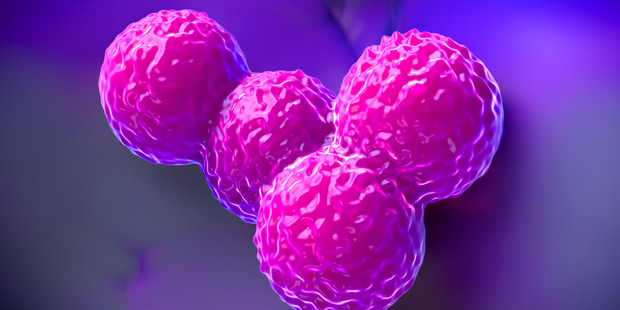A new study has found that new super strength antibiotics could be developed to kill drug-resistant bacteria (superbugs) in minutes. According to scientists from University College London, this can be achieved by modifying the existing antibiotics as a result of which they become more powerful and can rip the germ cells to stop infections.
Recently, we are witnessing the evolution of superbugs that are resistant to a wide variety of antibiotics and so, it becomes increasingly difficult to cure the diseases. The evolution of superbugs has picked up the pace in recent times and forced scientists to look for alternative control measures. Normally the antibiotics may take up to a day to be effective. Now the modified super antibiotics will start its action instantly and could wipe out the superbugs such as MRSA (methicillin-resistant staphylococcus aureus).
By 2050, it is predicted more people will die from untreated infections than cancer. But scientists from University College London, believe that the effect of the bacteria can be reversed if the drugs are able to push hard enough into bacteria. According to Joseph Neydira, in order to kill and eliminate the bacteria, the antibiotics must bind to their surfaces.
He explained the mechanism in the form of Lock and Key. Antibiotics have keys that fit into locks located on the surfaces of bacteria and allows them to attach and initiate action on the bacteria. When a bacterium becomes resistant to antibiotic it changes the lock pattern and thereby antibiotic (keys) cannot fit in it. In the current research, scientists found that certain antibiotics can still force the locks, allowing them to fit in and thereby kill the bacteria.
In the current study, the research team used Vancomycin which is used as the last retort for MRSA and modified form of vancomycin called Oritavancin. To study the action of these drugs on the bacteria, the researchers used State of art equipment used to measure mechanical forces the medicines exert on drug-resistant bacterial cells.
The team found that the mode of action of two drugs was different.Whie vancomycin bind to the bacterial cells and interrupted the vital processes and as a result the bacteria stopped to function and died. On the other hand, the action of Oritavancin was more brutal and powerful. The research team found that Oritavancin pressed the bacteria with a force 11,000 times stronger than vancomycin.
Dr. Ndieyira said that Oritavancin molecules form into groups and dig into the cell then push apart tear open the surface of bacteria and kill it. While vancomycin took six to 24 hours , Oritavancin killed the bacteria in mere 15 minutes. According to D. Ndieyira, the current study will help to design new antibiotics and also to modify the existing antibiotics to be more potent as well as to overcome bacterial resistance.
The Research study was published in Scientific Reports
source
The Research study was published in Scientific Reports
source


No comments:
Post a Comment